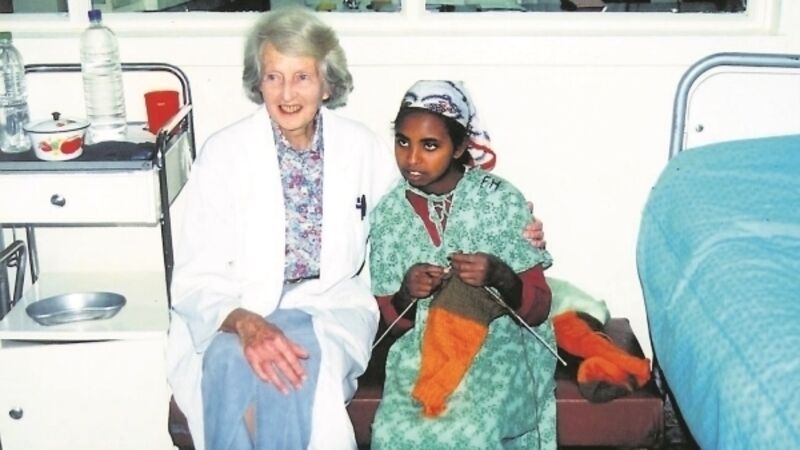Use social media for impact and not 15 minutes of fame

In the age of social media, so much time is spent telling the world about what you’re doing, where you’re holidaying, where you’re eating, and on Twitter especially, that witty one-liner you share for group endorsement, writes
We all have moments that have stuck with us, and will stick with us, forever. Why those moments? That’s the interesting part, it usually reveals what matters most.
















